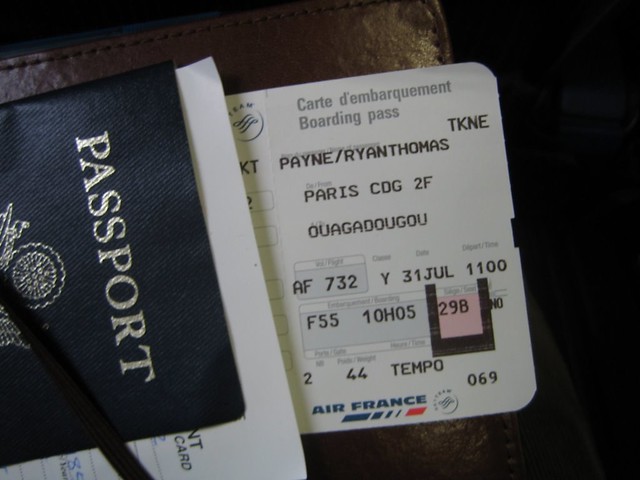The Need
Hand pumped groundwater wells are the primary source of clean drinking water for the people in the villages surrounding Dissin. Community members, particularly women and children travel as far as two kilometers to retrieve water for daily drinking and washing, oftentimes waiting for over an hour in long lines at the pump. Additionally, children in the villages do not routinely get necessary vitamins and minerals critical to proper development and good health. The community has suggested that automating the pumping process and storing the water in a tank would allow for easier water access from faucets, freeing up time for women and children to work or go to school. The additional water also allows the village to irrigate small gardens around the wells, significantly benefiting their health and well-being. Availability of a sustainable cooking fuel is also a major problem in these communities and throughout Burkina Faso. Demand for firewood is leading to massive deforestation, and causing community members to travel increasingly far to retrieve cooking wood.
EWB Response
An EWB assessment team including an undergraduate student, mechanical engineering professor and professional engineer traveled to Burkina Faso in July 2007 to gauge the extent of the community’s water and fuel needs. The team conducted interviews with local community religious and political leaders, and took measurements of pumps and wells that were identified as having the longest wait periods and served the most people. The team identified the manufacturers of the most common form of pump to obtain detailed design information. Several designs were considered for automating the pumping process using solar energy. One option is replacing the existing pumps with a new solar pump. The other is using a solar powered motor to drive the existing hand pump. The team considered efficiency and maintenance issues with each system. The team demonstrated the drive motor concept to the community using a gear motor and car battery, and received an enthusiastic response. They also visited solar powered pumping systems already in place, but learned that all of them had been rendered useless or less functional because all or most of the solar panels had been stolen, despite a fence and a guard in some instances. The EWB-UMCP design team is considering innovative solutions for preventing theft.
Sustainable cooking fuel:
The team observed the community’s use of cooking fuel, primarily wood harvested from forests and brush surrounding the community. People travel long distances by foot, bike or donkey to retrieve firewood as needed. An NGO in Burkina Faso described deforestation as a major environmental threat, but identified two types of nut that may be used to produce cooking fuel. One type of the nut is grown in Dissin as a cash crop currently, but could be processed for fuel.
Moving Forward
Upon return to the United States, the team is discussing the scale of the automated water pumping project, while also investigating means of producing cooking fuel from the community’s resources. The water pumping team implemented its project in July 2008.
